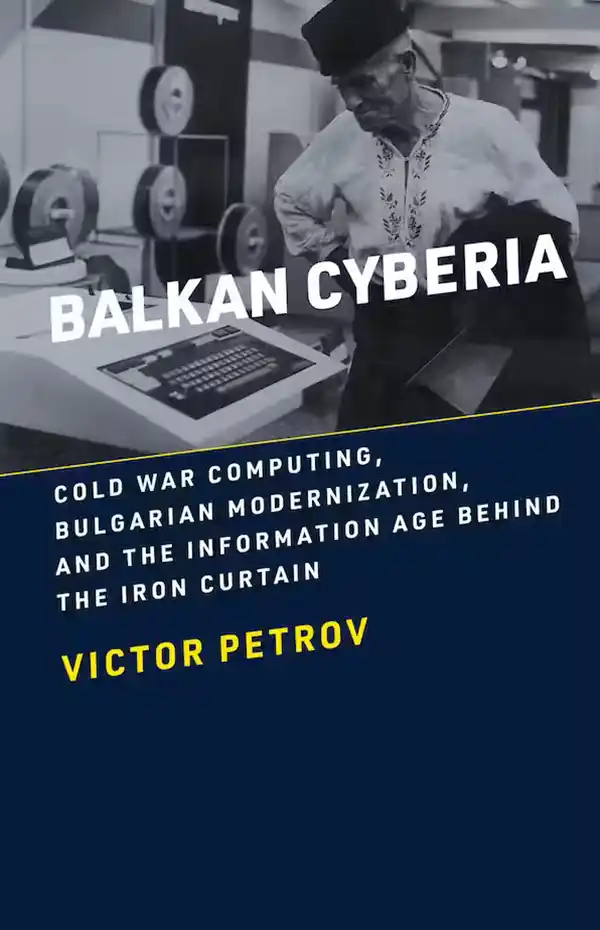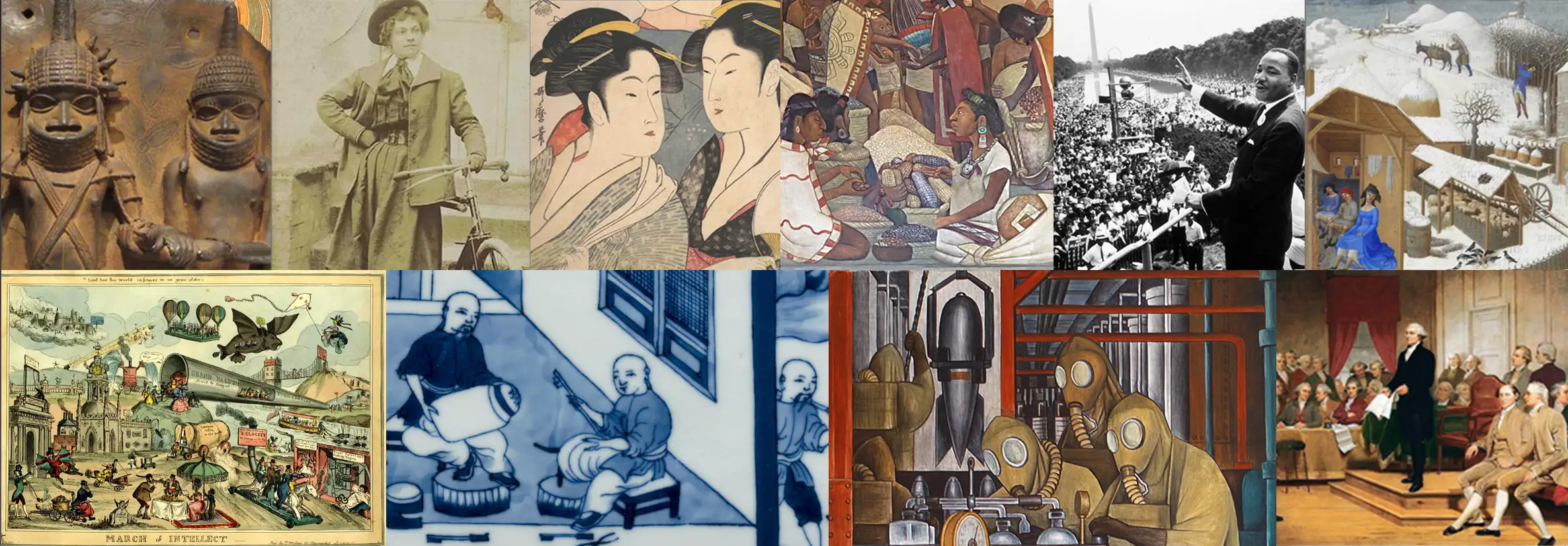Balkan Cyberia: Cold War Computing, Bulgarian Modernization, and the Information Age Behind the Iron Curtain

(The MIT Press, 2023)
Balkan Cyberia: Cold War Computing, Bulgarian Modernization, and the Information Age Behind the Iron Curtain
by Victor Petrov
Balkan Cyberia reveals the extension of economic and political networks of influence far past the reputed fall of communism, along with the pivotal role small countries played in geopolitical games at the time. Through the prism of the Bulgarian computer industry, the true nature of the socialist international economy, and indeed the links between capitalism and communism, emerge. Granted tremendous freedom by the Politburo and backed by a concerted state secret intelligence effort, a new, privileged class of technical intellectuals and managers rose to prominence in Bulgaria in the 1960s. Plugged in to transnational business and professional networks, they strove to realize the party’s radical dreams of utopian automation, and Bulgaria would come to manufacture up to half of the Eastern Bloc’s electronics. Yet, as Petrov shows, the export-oriented nature of the industry also led to the disruption of party rule. Technicians, now thinking with and through computers, began to recast the dominant intellectual discourse within a framework of reform, while technocratic managers translated their newfound political clout into economic power that served them well before and after the revolutions of 1989.
